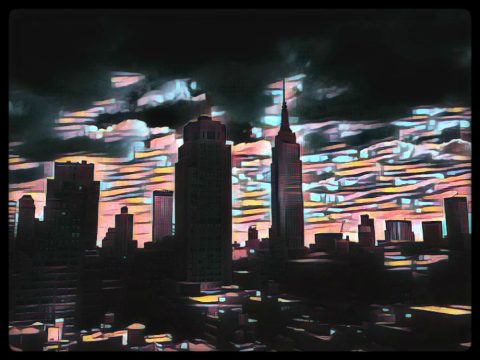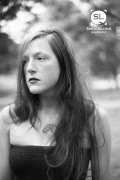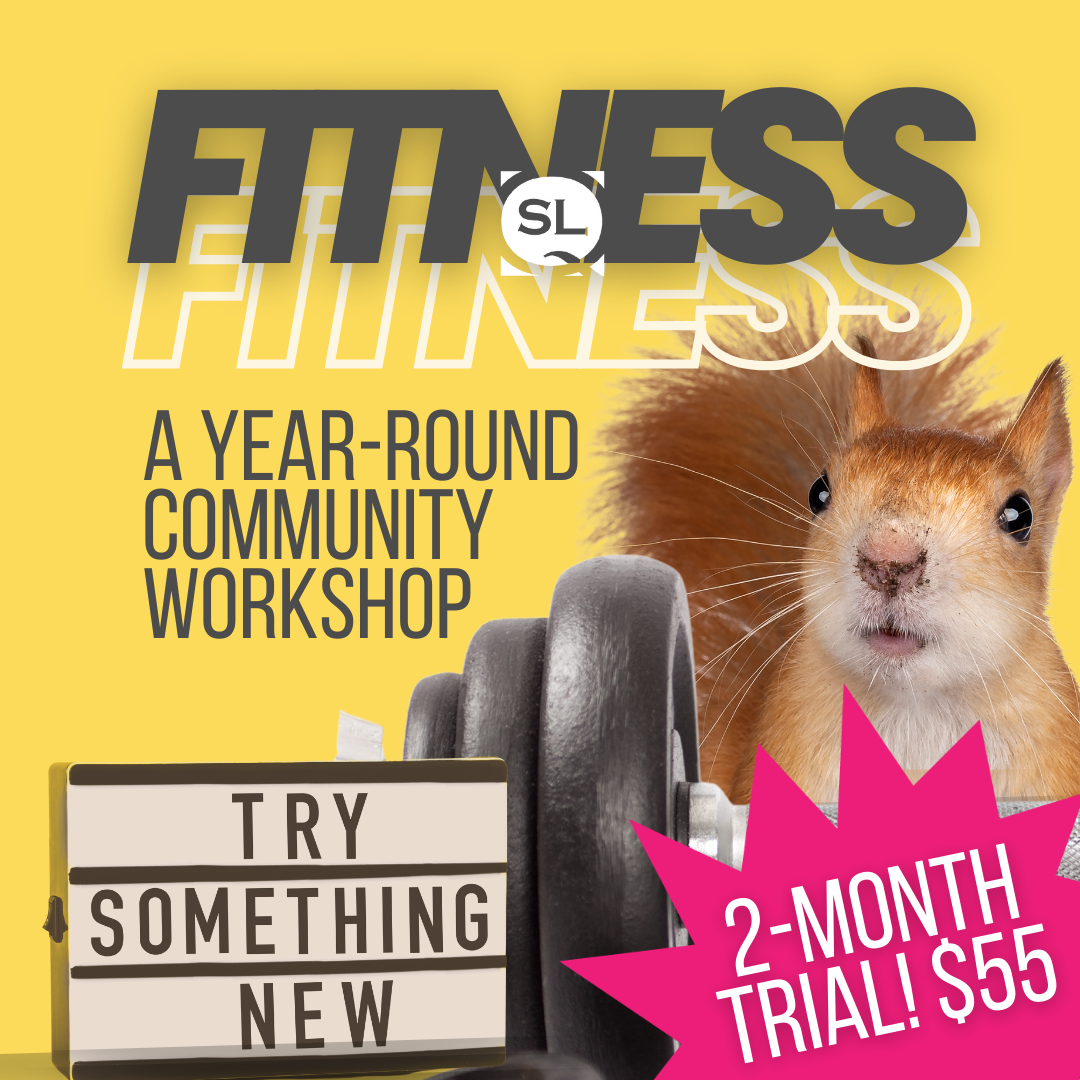I love how “Where the Words Go” imagines our relationship with language as this shifting and, inevitably, fragile thing. It made me think a lot about my family members who’ve struggled with Alzheimer’s and what it would feel like to struggle for words that once came easily. What brought you to the idea of words as objects and creatures that can, due to a variety of struggles, elude us?
As writers, we’re always searching for the right words, but this particular story was inspired by my frustration searching for words on a much more basic level. Simple words like “wrench” or “bottle opener” or “Segway” often escape me, and I’ll be stuck with my mouth open, waiting until they come, or describing around the object, or just giving up and pointing at the “thingy.” It was just a small annoyance until I visited my mother on the West Coast recently and noticed how she was forgetting words as well (although, she’s in her eighties so she’s got a better excuse than I do). When I noticed our shared linguistic forgetfulness, I imagined words as objects we can give, say from mother to daughter, and can lose as well.
Another aspect of the story that drew me in is the way you blur the line between realism and the fantastic through the use of extended metaphor. Is this something you thought about consciously as you drafted the story, or did it happen more through the revision process, or some combination of both?
One time when I was waiting for a word to come back to me, I started to appreciate how palpable missing words are in their absence—how you can almost feel the weight and shape of the word in your mouth. If you know the word and can use it right away, it’s not a burden—you’ve passed it along. But if you can’t remember the word, you’re stuck with that phantom weight until you can remember the word and keep it in circulation. It’s probably related to the psychological weight of the conversation stopping because I can’t remember a simple word. I have an aunt with Alzheimer’s, so it might also be the shape of that concern as well. But wherever it came from, the search for a word often feels to me like the search for a physical object.
I notice from your bio that you’re invested in flash fiction not only as a writer but also as a teacher at American University. What has it been like to work with students on flash fiction? Are there exercises or activities you’ve found particularly useful in the flash fiction classroom?
I actually didn’t set out to focus on flash, but I’m glad it’s happened that way. The nice thing about the form is that you can introduce a variety of structures and techniques in a short time, reinforcing the idea that there are many successful ways to tell a story. Flash provides a wonderful opportunity to focus on language and compression. It also allows students to try new ideas without worrying about investing too much time in a failed experiment. I like to read and discuss a couple of different stories, then let students choose from a few writing prompts related to the stories either thematically or in terms of form. This way, students have a common experience, but at the same time they’ve got options for different exercises that speak to them. I’ll be reading quite a lot flash experiments in the near future, because I’m teaching an online flash course for the Writer’s Center in addition to the American University course, and will start working on an art-inspired flash course for the National Gallery in the fall.
As a writer, what first drew you to the flash fiction genre? Also, which (flash) fiction writers would you say have inspired you the most in your own work, and how?
I think most writers operate from the perspective of “What if?” I certainly do. Flash is a way to explore the magic of the “What if?” without having to lend the normal, tedious amount of importance to reality. You can get to the meat of a situation without going into exhaustive detail about how you got there. I started writing flash to get out of ruts while working on longer stories. The challenge then became to retain the intensity of an image or moment and still deliver a full, satisfying arc. Amber Sparks, Tara Laskowski, Tyrese Coleman, Jan Elman Stout, Gay Degani, Virgie Townsend, Rion Amilcar Scott, and Kathy Fish are all authors that I admire, and whose work I use in my courses as examples of excellent technique.
What piece of writing advice or experience as a writer has had the most impact on your current writing life?
I feel very fortunate to be part of the writing community in the Washington, D.C., area. I’ve been pleasantly surprised by, and grateful for, the information and encouragement writers in my networks share with each other. The openness of the community has encouraged me to try new things, even before I feel 100 percent prepared, and this has stretched me both as a writer and as a literary citizen. Literary citizenship can mean different things for different people, but for me it’s meant volunteering with writers’ conferences and literary organizations, teaching classes, participating in readings, and joining new writers’ groups. These activities have introduced me to so many amazing writers in DC, and learning from fellow writers has been critical to the development of my own work. It’s hard to think of a better advantage than a solid community of writers.



 Try SmokeLong Fitness for two months!
Try SmokeLong Fitness for two months!